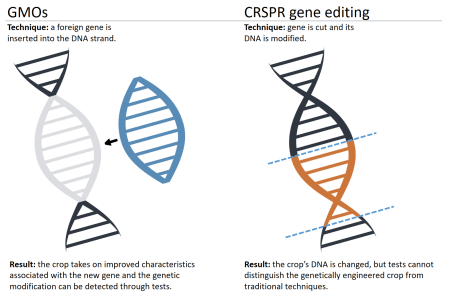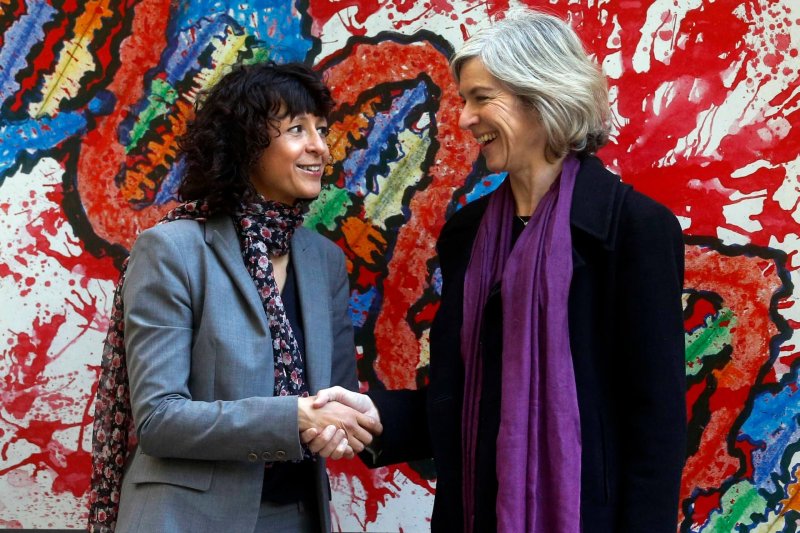When it comes to distinguished science, there is perhaps no more credible organization in the world than the Royal Swedish Academy of Sciences for the Nobel Prize. The Nobel Prizes have been granted for scientific innovations in chemistry, medicine and physics since 1901 (there are also now prizes for literature, peace and economics). This pre-eminent organization is world-renowned for recognizing contributions that will have significant impacts and benefits on society, many of which are commercialized as safe products and processes.
Many of the technologies that have received a Nobel Prize have provided benefits to hundreds of millions, if not billions, of citizens globally. Examples include Robert Koch for his research on tuberculosis in 1905, Max von Laue for discovering x-rays in 1914, Max Theiler for his discoveries in how to treat yellow fever in 1951 and Joseph E. Murray and E. Donnall Thomas for their research on organ transplants in 1990. Through the annual awarding of these prizes, public recognition and trust is widespread.
Building trust in CRISPR/Cas9

With such a globally respected institution, the Royal Swedish Academy for Sciences, awarding the discoverers of the gene editing technology CRISPR/Cas9, there is hope that further trust can be gained for this science. Awarding Charpentier and Doudna for their breakthrough innovation is hopefully enough to discredit those campaigning to have the technology heavily regulated (eNGOs in particular), banned or deemed to be the equivalent of GMOs. In a single moment on October 7, 2020, the Royal Swedish Academy delivered a global blow to the propaganda dissemination campaigns of the world’s most vocal anti-biotech activist organizations.
Environmental activist organizations such as Greenpeace, Friends of the Earth and Gene Watch (UK) have been lobbying the European Commission since 2015 to regulate gene editing as equivalent to GMOs. These eNGOs believe this will scare the European public into rejecting gene edited products. Activist groups deliberately mislead the public with their disinformation campaigns in an effort to demonize gene editing technologies.
Gene editing is similar to previous plant breeding technologies, however, it does so by making more precise changes to the genes within a plant’s genome. This is what conventional plant breeding has been doing for hundreds of years, but over long periods and with less accuracy. Gene mutation is a natural phenomenon in plants, as a number of genes will mutate from one generation to the next. Gene editing technologies are able to replicate what nature already does.
The results so far have been higher yielding and more nutritious crop varieties. GMOs require the insertion of genes that are foreign to the plant, whereas gene editing simply makes changes to the plant’s existing genes. Environmental groups deliberately prey on the public’s lack of knowledge about plant breeding to deceive them about the safety of gene editing.
With environmental activist organizations investing time and money over the past five years to frighten the public about the safety and benefits of gene editing technologies like CRISPR/Cas9, the Nobel Prize is a huge blow to their efforts. In my opinion, their campaigns have now been rendered completely unbelievable in the public’s eye. The 2020 Nobel Prize in Chemistry to CRISPR/Cas9 is a double victory; the developers of the technology have been recognized for their efforts, and those who deny the benefits of such technologies now must also deny the significance of this prestigious award.
Stuart J. Smyth is a professor in the Department of Agricultural and Resource Economics and holds the industry funded research chair in Agri-Food Innovation at the University of Saskatchewan. Follow him on Twitter @stuartsmyth66
A version of this article was originally posted on the Sustainable Agricultural Innovations and Food website and has been reposted here with permission. SAIFood can be found on Twitter @SAIFood_blog































